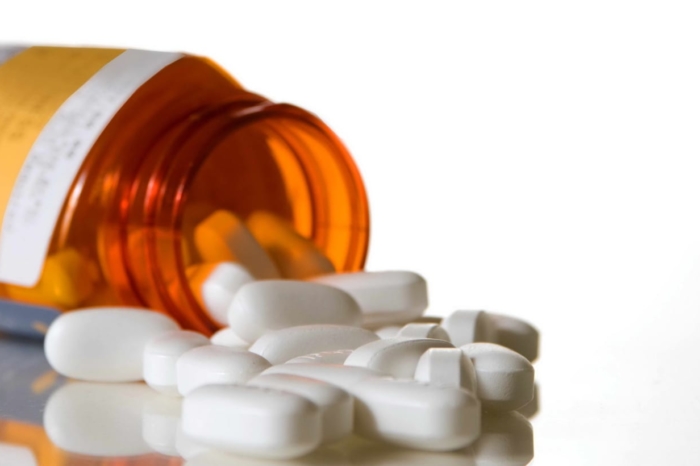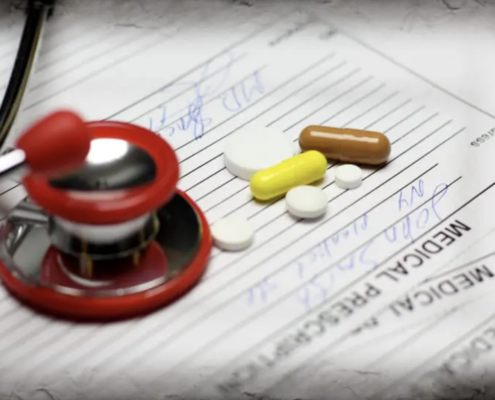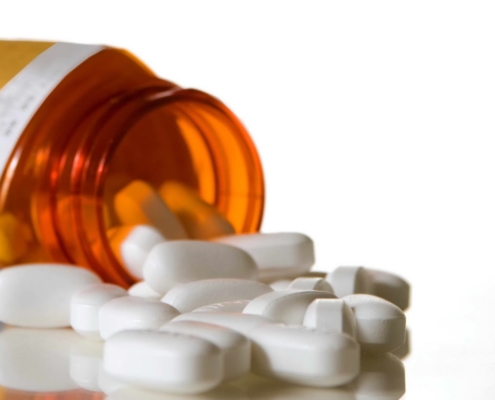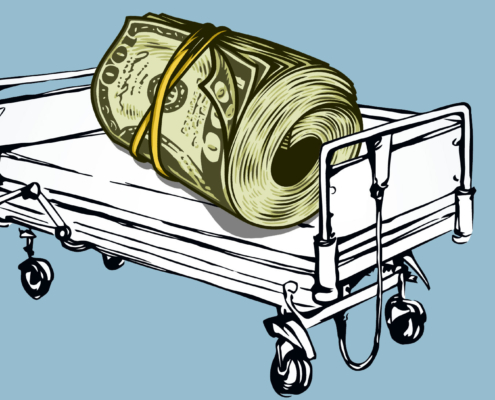Harvard research points to ending drug cost help
This op-ed appeared in the Boston Herald (Smith: Harvard research points to ending drug cost help)
Drug manufacturers have offered copay assistance programs to ensure that patients can afford the medicines their doctors recommend.
By William Smith | November 7, 2022
A common grievance about Harvard is that the university is out of touch with the concerns of everyday Americans. This perception is confirmed by recent research from Harvard Business School that contends patients should be denied assistance that helps them afford their prescription drugs. The Harvard study argues that in order to control drug prices, the government should deny patients’ access to copay assistance programs offered by drug manufacturers. It flies in the face of federal and state efforts to protect the value of such assistance programs for patients and ignores basic facts about how and when patients use copay assistance to access their medications.
First, the Harvard study assumes that drug prices are an endemic problem for the healthcare system when this is simply not true. The most reliable data on prescription drugs indicates that average prices are flat and likely to decline over the next couple of years, and drug company revenue will grow in the 2-4% range, largely due to increased utilization by an aging population, not price increases. Recent data from SSR Health indicates that net drug prices have dropped by nearly 8% in the last quarter, the largest quarterly drop ever recorded by SSR.
To understand the current problem with patient affordability for prescription drugs, look no further than the practices of insurers and health insurance middlemen. All the data suggests that patients are being required, by health plans and their pharmacy benefit managers (PBMs), to pay much more out-of-pocket for certain types of medicines that treat more serious illnesses. Average deductibles and coinsurance requirements have been growing so much that the majority of patients who secure health insurance through their employers find themselves in “high deductible health plans,” where deductibles average about $5,000 for an individual and much more for a family. Even though it is clear that drug prices have flattened, health insurance benefit designs increasingly require greater and greater out-of-pocket costs for so-called “specialty” medicines that treat serious conditions like cancer, multiple sclerosis, and psoriasis, to name a few.
The Biden administration recognized the out-of-pocket cost crisis when they recently signed into law an out-of-pocket cap of $2,000 in the Medicare Part D drug program. Over a dozen states around the country have instituted policies that ban copay accumulators in the private market, and a bill in Congress would prohibit such practices at the federal level.
In response to the out-of-pocket cost crisis, drug manufacturers have offered copay assistance programs to ensure that patients can afford the medicines their doctors recommend. Study author and Harvard Business School Professor Leemore Dafny rightly points out that such assistance should not be offered in cases in which the patient is using a brand name drug when a much cheaper generic equivalent is available. Even some of the states that banned such accumulator policies recognized the generic workaround. But the vast majority of copay assistance is for drugs where there is no generic equivalent. Without copay assistance, many patients will simply abandon their prescriptions, even for drugs that treat serious conditions such as cancer. When that happens, we know downstream costs go up for those who lose control of their condition and require additional care.
So, in Prof. Dafny’s world, a patient who requires an expensive drug to treat their cancer should be handed a $5,000 bill before their insurance company pays one dime.
The good news is that the out-of-pocket cost crisis is very manageable. Only 1-2% of patients are prescribed an expensive drug that creates affordability issues. With improvements in insurance benefit design, and policies that protect the value of copayment assistance from drug companies, patients would be able to access the medicines they need.
William Smith, PhD, is Senior Fellow and Director of the Life Sciences Initiative at Pioneer Institute in Boston
Get Updates On Our Healthcare Research and Events!
Related Posts









